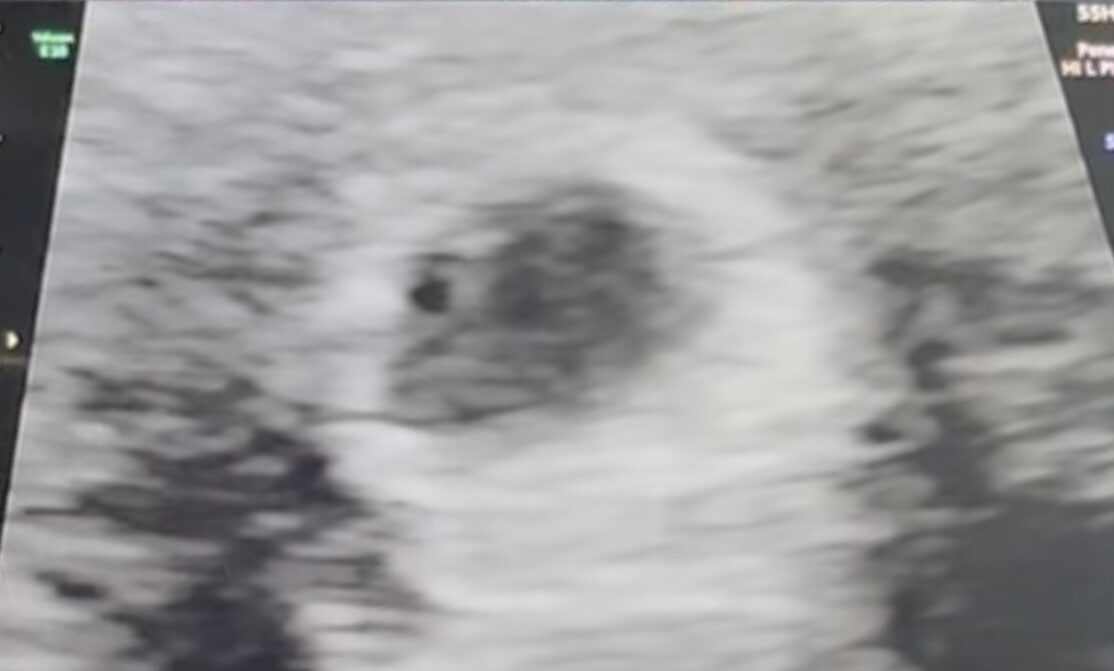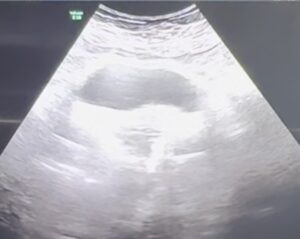
Imagine parents, educators, and healthcare providers uniting with compassion to support every life, no matter how small
Prenatal Protections
FRG Resources
Educating communities on fetal development has the power to shape perspectives about life’s earliest stages profoundly. Scientific research reveals the incredible journey of a child’s growth in the womb, highlighting clear developmental milestones that reflect humanity in its earliest, most vulnerable form. For example, a baby’s heart begins beating as early as six weeks after conception, followed by the formation of organs by the eighth week. By 18 to 20 weeks, mothers can feel their baby moving—a stirring reminder of the life growing within. Such milestones illustrate not only the beauty of fetal development but also how each stage reveals an individual life forming, unique and irreplaceable.
Imagine an America where this awareness is embedded from a young age, with students learning not just about the body but also about the dignity and humanity present even at life’s earliest stages. Imagine parents, educators, and healthcare providers uniting around a shared vision of compassion and support for each life, no matter how small. At First Rights Global, we believe that these values can lay the groundwork for a society that truly cherishes life from the start, offering support systems and resources to both mothers and families facing critical decisions during pregnancy

First Rights Global champions the importance of fetal development education in various aspects of public life—from public health campaigns and community outreach to school science programs. Empowering society with a deeper understanding of these developmental stages doesn’t merely inform but connects us to the foundational principles of respect, protection, and care for the most vulnerable. Many nations have successfully implemented this approach. In Sweden, for instance, fetal development is a required part of science curricula, ensuring that students grow up with a clear understanding of life in the womb. Early education about these milestones fosters empathy, awareness, and a lasting respect for life, influencing future decisions on prenatal care, healthcare policy, and family support.
Education is a powerful tool that extends beyond the classroom. Public health initiatives and community outreach can play a significant role in making this knowledge accessible to everyone. When communities understand the miraculous journey of life before birth, they are more likely to support policies and resources that honor and protect life at every stage. By advocating for fetal development education, we can create a society that sees each heartbeat, each tiny hand, as a gift to be cherished and a life worthy of protection. Through knowledge, we can build a culture of empathy, awareness, and respect for life that benefits us all.
